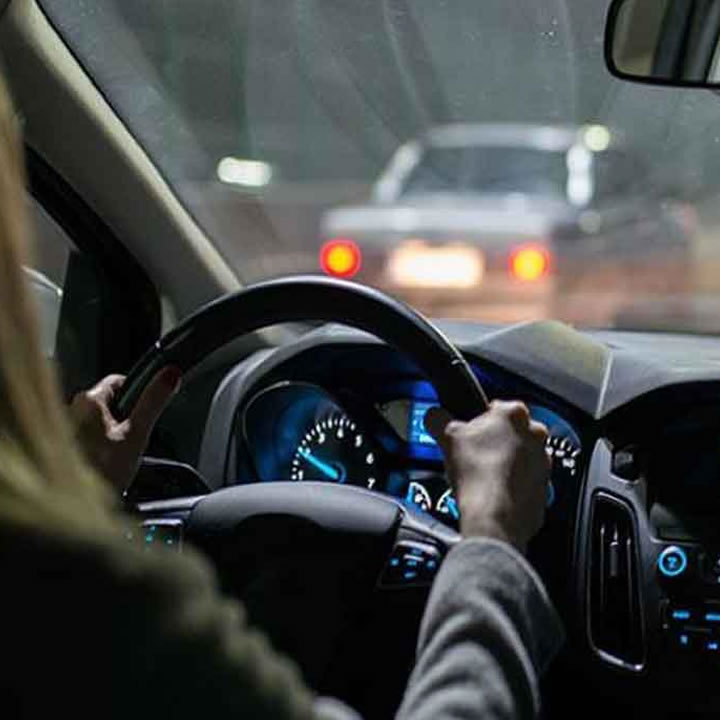Although driving under the influence is a terrible course of action, many individuals still indulge in this life-threatening endeavor. DUI regulations in California prohibit all road users from operating a vehicle under the influence of alcohol, drugs or blood alcohol concentration (BAC) that is above 0.08%.
An individual can be regarded to be under the influence when significantly affected by alcohol, drugs or both when combined. Regulations in California that affect bike or scooter users while drunk or boating under influence (BUI) also exist.
There are harsher regulations on BAC for specific drivers in the state. For instance, drivers of a commercial vehicle with a BAC of at least 0.04% can be convicted for DUI. There are additional stricter regulations in California that do not permit individuals under the age of 21 with a BAC of at least 0.01% from driving.
Some states can convict an individual for DUI on the grounds of genuine physical control if driving under influence. This implies that the genuine driving of the individual is satisfactory enough to evade conviction.
But evidence of driving is required in California before one can be charged for DUI because a suspect cannot be charged satisfactorily when in control.
Per Se DUI is a DUI criminal offense, depending on the BAC that negates the degree of disability of the driver. Various elements depend on the level of alcohol an individual must consume to arrive at a particular limit legally. These elements comprise of body size, measure and drink concentration, sexual orientation, certain ailments that can influence the reaction of the body to alcohol, the period over which the beverages were expended and the level of hunger of the driver.
It is vital to enlist a lawyer from SanDiegoDUILayers.com when facing DUI charges, as one’s entire life depends on the outcome of the conviction. Yet, with a lawyer, they bring their abundance of information and experience to enable you to maximize a DUI case to your benefit.
The punishments associated with a DUI in California are quite flexible depending on the conditions surrounding the case. In any case, there are degrees of predetermined punishments established by the law that is generally subject to the track record of the DUI charges of the defendant.
In California, your DUI charges will be visible in your background record for up to 10 years. Even first time DUI offenders can be penalized for up to about $1,000 and even be sentenced to prison up to 6 months. Penalties for offenders committing this offense for the third time could be up to $1800 and imprisonment from 120 days to 1 year together with a revoked license for about 3 years and the installation of an interlock start gadget, (IID) or ignition interlock device for 2 years.
The only method of restoring your driving privileges after a DUI conviction is if the Department of Motor Vehicles (DMV) receives an SR-22 insurance report from your insurance company. This certificate certifies that minimum insurance standards have been met.
Additionally, an SR-22 is the condition for acquiring a discomfort license needed for driving to school and work throughout the suspension period.
The presiding judge usually takes the mitigating and aggravating circumstances into consideration when figuring out the suitable penalty under the condition of a plea.
It is a serious crime in California to neglect the blood alcohol test as it carries its own punishment because the implied consent law in the state necessitates all convicted drivers for DUI to provide the report of their BAC test.
Drivers are usually allowed to select either a blood or a breath test and declining this test will result in a $125 penalty and the possibility of a revoked license for about 3 years which is largely based on the degree of the rejection.
The authorities evaluate earlier DUI charges, counts on rejection related suspensions, and charges of careless driving to decide if a driver rejects a breath or blood test previous times.
Dismissing your DUI case altogether, is possible. But this can only be achieved if the incriminating proof is disregarded by the court. The possibility that a prosecutor will dismiss a case is far-fetched.
However, there is a possibility that a case can be reduced or simply end up as a wet reckless conviction.
The DUI laws define a wet reckless as a careless driving crime that is related to alcohol. The intensity of the punishment of a wet reckless case usually falls between a careless driving conviction and a DUI.

